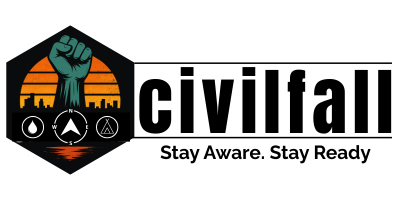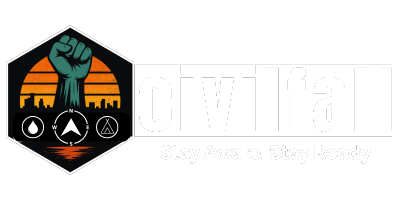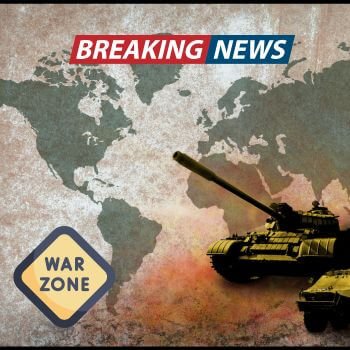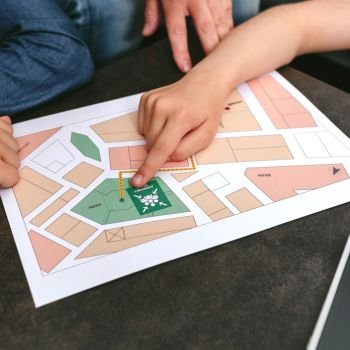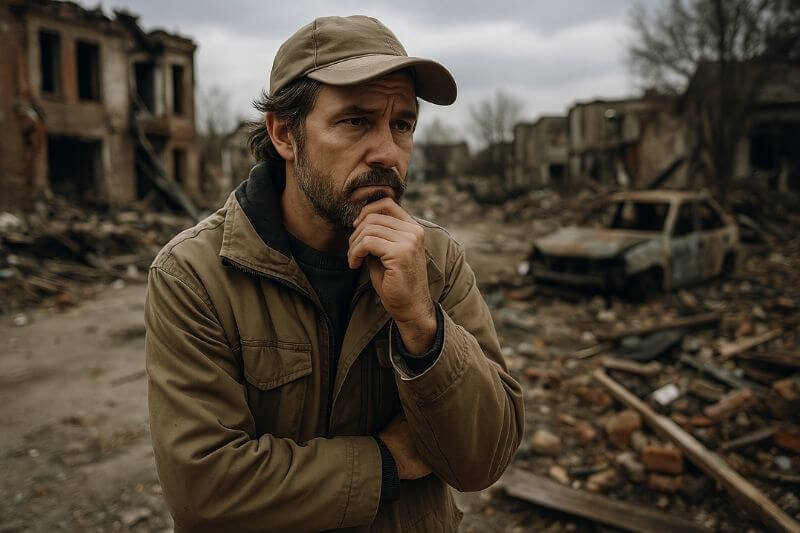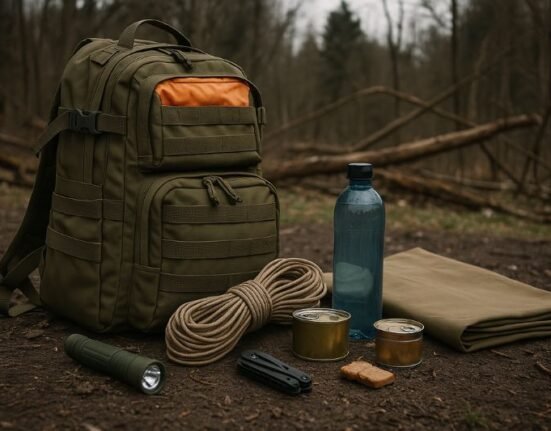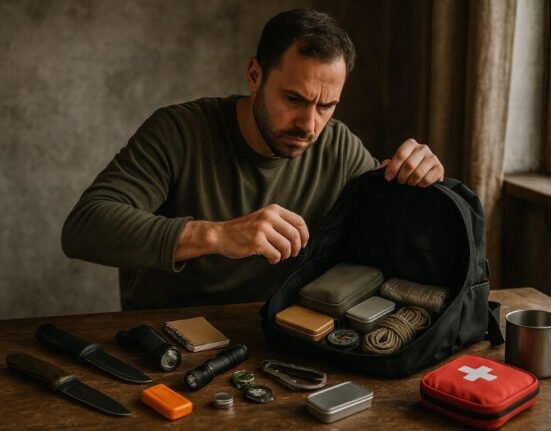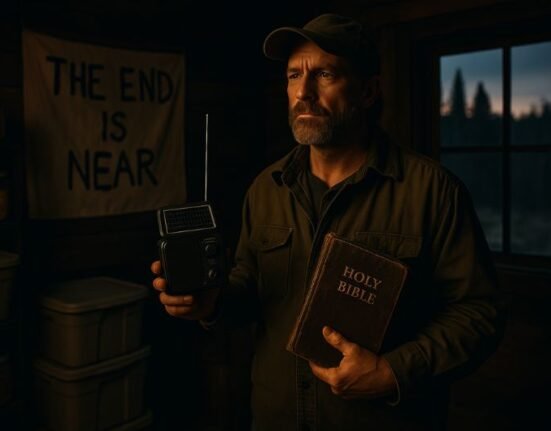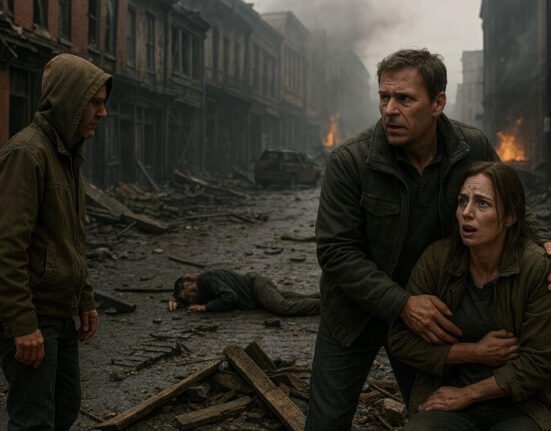Beliefs and values catastrophes—these aren’t just abstract ideas. They are the invisible drivers of how people behave when disaster strikes.
Why do some rush to help strangers while others freeze or flee? Why do certain individuals stay calm, while others collapse into panic or chaos?
The answer lies in something deeper than instinct or training. In every catastrophe, our response is guided by what we believe about survival, morality, justice, responsibility, and human nature.
Our core beliefs and values determine what we prioritize, how we make decisions, and who we choose to become when the world unravels.
Understanding how beliefs and values shape responses in catastrophes isn’t just insightful—it’s essential. Because no matter how stocked your bug-out bag is or how solid your tactical plan looks on paper, it’s your mindset and ethics that will truly dictate your actions in the face of collapse.
Beliefs and Values Catastrophes as Moral Stress Tests
A catastrophe is more than a physical event—it’s a moral crucible.
The power is out, the rules are gone, the future uncertain. In that vacuum, something has to guide us.
If it’s not external laws or leaders, it’s internal structure:
- What do I owe to others?
- Where do I draw the line between “me” and “we”?
- How far will I go to protect my own?
“Adversity introduces a man to himself.” — Albert Einstein
And for many, catastrophes reveal that they’ve never really examined their beliefs until it’s too late.
The Role of Upbringing, Culture, and Experience
Our response to disaster isn’t random. It’s conditioned.
What you were taught about:
- Responsibility (Do you owe strangers help?)
- Justice (Is it wrong to take what you need?)
- Sacrifice (Should you protect others at personal risk?)
… will heavily influence your behavior when systems fail.
| Influencer | Impact in Crisis |
|---|---|
| Religious values | Compassion, charity, fate acceptance |
| Military culture | Group protection, discipline |
| Individualist upbringing | Self-reliance, escape preference |
| Collectivist society | Group cohesion, mutual aid |
| Trauma history | Fight/flight bias, hypervigilance |
That’s why two people with the same training can act completely differently in the same emergency.
Beliefs as Survival Filters
Every catastrophic moment presents split-second choices.
The route you take, who you trust, how you ration resources—all depend on the internal logic you carry.
This internal logic, your core beliefs, affects:
- Whether you share or hoard
- Whether you trust or isolate
- Whether you help or prioritize yourself
And the scary part? Most people never consciously chose these values.
They absorbed them. From parents, society, media—and when catastrophe hits, they act them out on autopilot.
🧭 Survival prep tip:
Write down your top 3 moral principles. Then ask: Would I keep these in a life-or-death situation?
How Beliefs Influence Ethical Decisions in Disaster
When catastrophe hits, ethics aren’t suspended—they’re exposed.
Your core beliefs don’t vanish; they become the engine behind every choice you make under pressure.
That’s why two people facing the same danger can walk radically different paths—because beliefs and values in catastrophes define your hierarchy of priorities.
Do you protect the vulnerable or prioritize the capable?
Do you follow rules or adapt them to survive?
Do you sacrifice for the group—or walk away to save yourself?
Utilitarian vs. Virtue-Based Belief Systems
These two ethical lenses often clash in survival settings:
| Ethical Lens | Key Belief | Disaster Behavior |
|---|---|---|
| Utilitarianism | The greatest good for the greatest number | Triage resources, hard prioritization |
| Virtue Ethics | Act according to moral character | Protect others, even at personal risk |
Neither is right or wrong universally.
But knowing which belief you tend to follow can make your choices more conscious, not impulsive.
🧠 Practical tip:
Review past decisions under stress. Were they about outcome (utilitarian) or intention (virtue)? That’s your pattern.
Cognitive Triggers That Reactivate Deep Beliefs
Crises activate the most primal parts of the brain. Fight, flight, freeze.
But they also reactivate old belief patterns, including:
- Childhood messaging (“Don’t trust anyone.” / “Always help others.”)
- Cultural conditioning (“Protect the family first.” / “The community survives together.”)
- Religious or spiritual beliefs (“There’s a plan.” / “This is a test.”)
These beliefs kick in faster than logic, often before conscious thought.
They don’t just influence how you think—they shape what you notice, how you interpret events, and who you help.
“We don’t see things as they are—we see them as we are.” — Anaïs Nin
That’s why training your beliefs is just as important as training your skills.
Can We Change Our Crisis Reactions?
Yes—but it requires intentional work.
Most people assume their reactions are hardwired. In reality, with preparation and reflection, you can:
- Reevaluate inherited values
- Identify which beliefs empower or endanger you
- Practice “value rehearsal” through drills and journaling
- Pre-frame decisions to align with the person you want to be
For example:
You may believe “I always help,” but during a simulation, you find you panic and flee.
That’s not a failure—it’s insight. And it gives you a chance to realign your belief system with your survival behavior.
Why Self-Knowledge Is Your Best Catastrophe Tool
In prepping culture, much attention is given to external tools: knives, radios, bags.
But your most powerful survival tool is you—and you’re only as reliable as your internal programming.
🧭 Build your internal kit:
- Know your core values
- Identify your default moral reflex
- Practice reacting under stress in ways that mirror your beliefs
- Keep refining—because beliefs aren’t fixed. They evolve with awareness.
Disasters don’t wait for you to figure it out.
So figure it out before they hit.
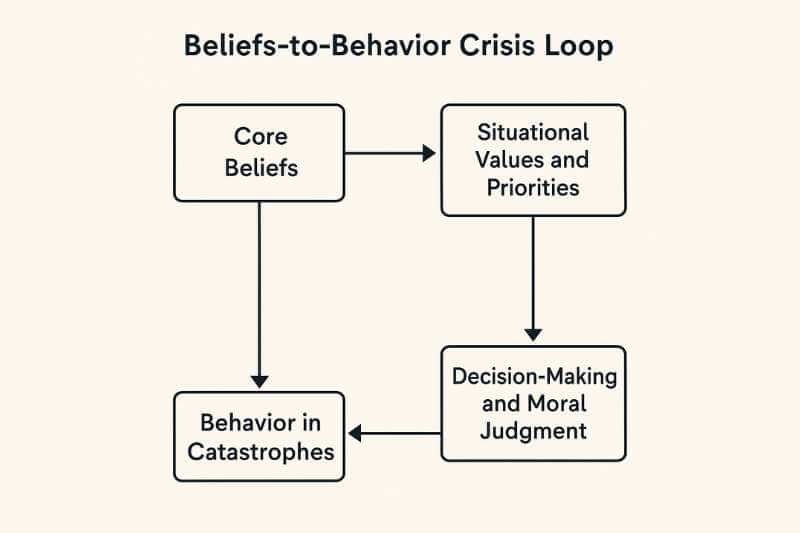
Turning Beliefs into Action: Preparing for Moral Clarity in Crisis
Beliefs only help in disasters if they’re integrated into action.
It’s not enough to “have values.” You need to train them, test them, and trust them when everything else fails.
Let’s explore how to turn your ethics into a real-world survival framework.
Create Your Personal Ethical Protocol
🧠 When catastrophe strikes, you won’t have time to think through everything.
That’s why you need a moral reflex plan—a compact code of ethics that can guide your snap decisions.
Build it with 3 prompts:
- What are my 3 non-negotiables in crisis?
(e.g. I will not harm innocents. I will share if possible. I will protect the weak.) - What decisions will I regret the most?
(e.g. Abandoning someone. Lying to gain advantage. Hoarding medicine.) - What story do I want to tell about who I was during the crisis?
Write this down. Carry it. Live it.
Train Moral Response Like a Muscle
Just as you practice building fires or filtering water, train your ethical stamina:
- 🔁 Run disaster simulations with emotional weight (e.g., “You only have 3 food packs—what do you do?”)
- 🧭 Conduct journaling drills on past experiences (“When did I fail to act in line with my values?”)
- 🧑🤝🧑 Hold group ethics talks with your team or family (“What will we not do—even to survive?”)
This isn’t idealism—it’s operational psychology.
A clear value system reduces hesitation, fear, and conflict in crisis.
Map Your Belief-Driven Behavior
Here’s a tool to translate your beliefs into tangible behavior:
| Core Belief | Survival Behavior | Watch-out |
|---|---|---|
| “Life is sacred” | Protect others, avoid unnecessary harm | May delay critical decisions |
| “Only the strong survive” | Prioritize efficiency, move fast | Risk of moral blindness |
| “Everything happens for a reason” | Calm under stress, acceptance | May under-prepare |
| “People are worth saving” | Willingness to cooperate | Can be exploited |
🧠 Goal: Balance instinct with reflection.
Be honest about where your beliefs help—or hurt—you.
✅ Conclusion: Survive With Values, Not Just Instinct
Catastrophes don’t erase who you are.
They reveal it.
Your behavior in a disaster is never just about luck or training—it’s the result of everything you believe, everything you’ve lived, and everything you’ve chosen to stand for.
So don’t leave that to chance.
Reflect. Test. Reframe. Build an ethical core as strong as your shelter.
“In the moment of choice, your values will either guide you—or betray you. Choose them now.”
❓ FAQ – Beliefs, Values and Disaster Response
Q: Can beliefs really be changed before a crisis?
Yes. Through reflection, journaling, discussions, and drills, people can shift their values or clarify what truly matters to them before disaster strikes.
Q: What if my group has conflicting values?
Talk openly. Create shared ground rules in advance. Value conflict in a crisis can fracture survival efforts—alignment is key.
Q: Can having strong values slow me down in emergencies?
Sometimes. But strong values also reduce hesitation, confusion, and guilt. They create clear lanes for action—with integrity.
Q: How do I teach this to kids or younger preppers?
Use stories, examples, and simple moral questions. Ask: “What would you do if…?” Encourage curiosity, not obedience.
Q: I failed to live by my values in the past. Is it too late?
Never. The point of survival isn’t perfection—it’s growth. Learn from failure, and integrate those lessons into your future response plan.
